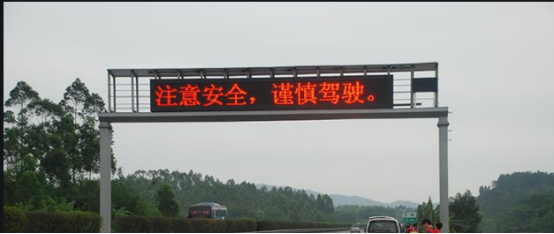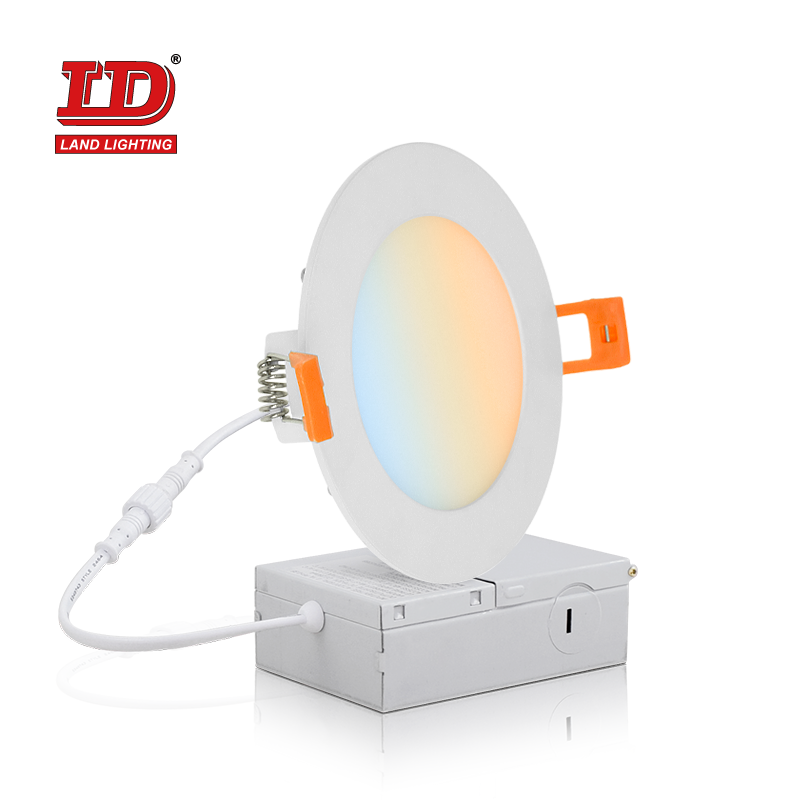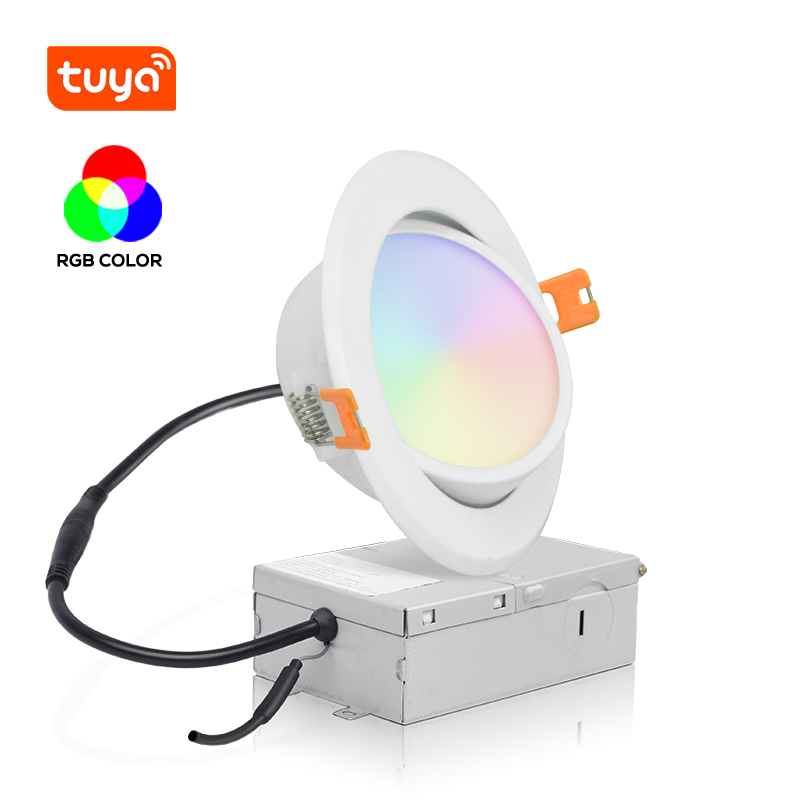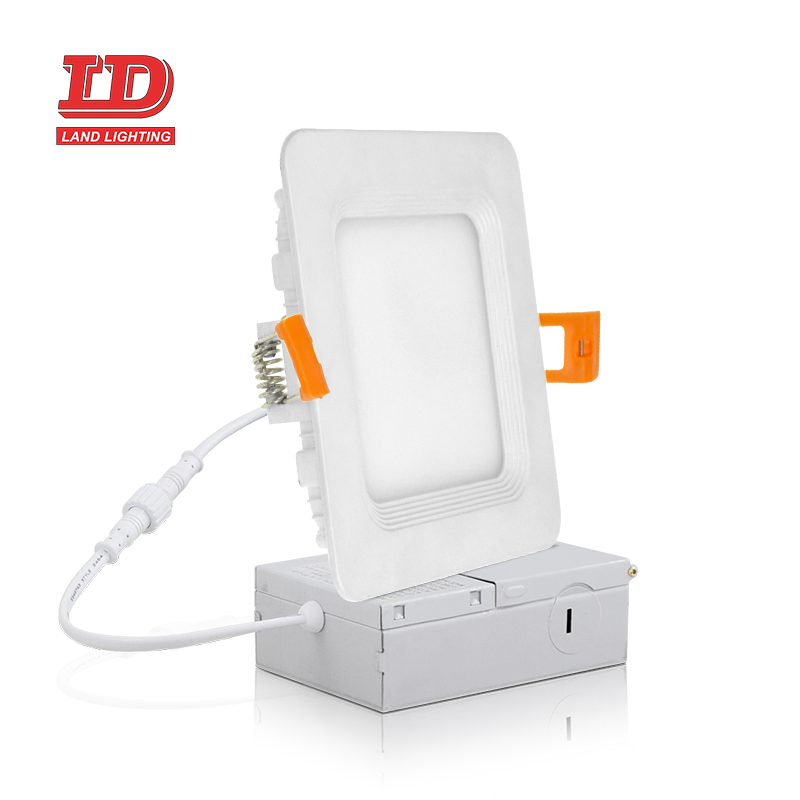Why Should You Start Using LED Lights?
It’s been said over and over again…
“LEDs are the lights of the future”
Why?
Well, apart from being extremely efficient, these lights fixtures are also quite eco-friendly.
Which is why a lot of people, nowadays, are using LED lights.
Now, if you haven’t made the switch to LED lighting, it's probably because you have doubts or questions about this light technology.
And don’t worry. You are not alone.
Now:
In this post, we’ll look at 25 of the biggest reasons why using LED lights is getting popular.
By the end of this post, you’ll have known why:
Switching to LED lights is a smart move.
LED lights are great investments.
So, if you’ve been having doubts and questions about LEDs, you’re in the right place.
Here are 25 reasons why using LED lights is a smart move…
25 Credible Reasons Why You Should Switch to LED Lights
1. LED are Impressively Durable
Do you know..?
That some LED lights can last up to 20 years without breaking down.
Yes, you read that right!
LED fixtures are well-known for their durability.
On average, an LED light lasts for ~ 50,000 hours.
That’s 50 times longer than incandescent bulbs and four times longer than the best Compact Fluorescent Lights (CFLs).
Amazing, right?
This means that, with LED lights, it will be years before you have to look for a replacement or change a highly-placed light fixture.
2. Less Risk of Damage/Breakage
Another impressive benefit of using LED lights is that you don’t have to worry about breakage and damages.
Why?
Well, unlike incandescent bulbs and fluorescent tubes, most LED fixtures are made of high-quality, eco-friendly plastics.
That means that even if you accidentally drop your fixture, you’ll still be able to use it for years to come.
Also, due to their durability, contact with LED lights is often minimal. Hence, reducing the chances of damages occurring.
Less Risk of Damage
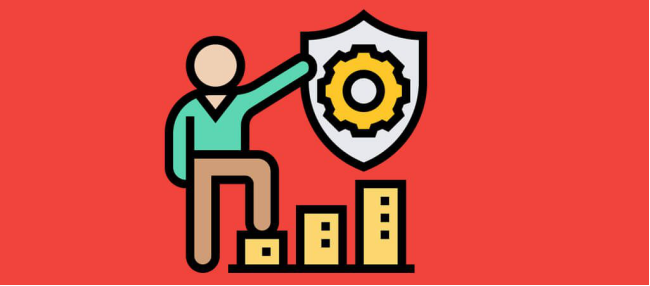
4. Instant Turn On/Off.
Don’t you hate it when you have to wait for fluorescent lights to flicker before lighting up?
Well:
If you do, LEDs offer a better alternative for you.
LEDs don’t flicker or delay before turning on/off.
That means that you’ll have instant lighting whenever you need it without any inconveniencing delays and migraine-causing flickers.
Plus, it’s the main reason why LED lights are most preferred for fancy, decorative lighting on the sides of buildings in major cities.
5. More Lights for Less Energy
If you’ve been using incandescent lights, you may have noticed that these fixtures only output 1300 lumens for 100 watts of energy.
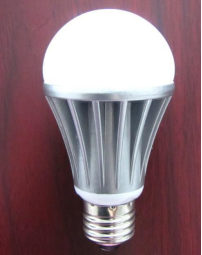
uick Note:
A Watt (W) is a unit of measurement used to measure power consumption. While Lumens (lm) are units for measuring light output
For instance:
A fixture labeled 50lm/W produces 50 Lumens of light for every Watt of energy used.
Now:
While incandescent average at 13lm/W, LED fixtures average at a whopping 100lm/Watt.
That means that you get almost 800% more light with LED fixtures.
Basically, a 100W incandescent bulb produces the same amount of light as a 13W LED fixture.
Or in simpler words, LEDs use 80% less energy than incandescent bulbs to produce the same amount of Light.
6. Most LEDs Support Dimming
Want a specific amount of light? Dimmable LEDs are the answer.
Dimming is yet another major benefit of using LEDs.
Unlike other lighting technologies, it’s quite easy to dim LED fixtures.
However, you should note that not all LEDs support dimming. Therefore, make sure you get the right kind of LED when shopping.
7. LEDs are Great for Kitchens and Refrigeration Rooms
It’s a known fact:
“Fluorescents are bad for produce and perishables”
Why?
Well, these lights often hasten the deterioration of fresh produce and fruits.
And since most of us keep our apples, potatoes, bananas, tomatoes, and other perishables in the kitchen, Fluorescent lighting may cause rapid degradation leading to rot and loss.
And that’s why you’ll find that most refrigerators come fitted with LED lights in them.
LEDs not only offer high-quality and sufficient lighting but also do not affect the state of your fruits, produce and perishables.
That means that you get to save money by lowering your power consumption and chances/rate of food quality degradation.
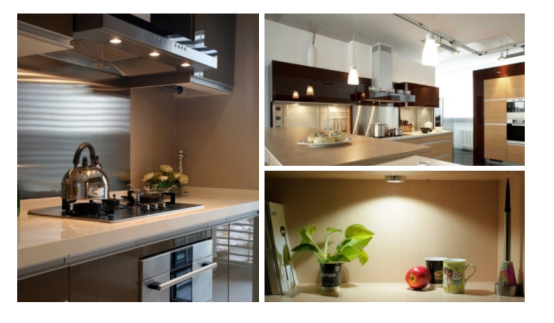
8. Using LED Lights Saves You Money
Let’s face it:
LEDs save your money in more ways than one…
It’s arguably the biggest benefit of them all.
Now, you may be wondering; how?
Well:
For one, LEDs use up 80% less energy than incandescent lights. That means that, with LEDs, you’ll probably spend 80% less on lighting.
Incredible, isn’t it?
Their durability is also another money-saving benefit. How?
A durable light fixture means that you won’t have to replace it in a long while.
For example:
Within a period of 50,000 hours, you can either buy one energy-efficient LED light or ~ 50 inefficient incandescent bulbs.
Do the math…
And remember:
The more the number of incandescent bulbs you replace with LEDs, the bigger the savings.
9. No UV Emissions
Excessive exposure to UV rays is often unhealthy.
And while we always put the blame on the sun, most traditional lighting systems also emit UV rays e.g. incandescent lights.
Now:
If you have sensitive skin or a fair complexion, you may experience some side effects caused by UV exposure – both from the sun and traditional lighting systems.
Luckily, LEDs do not emit UV rays – or any other rays for that matter.
Therefore you get to enjoy quality lighting with some health benefits too.

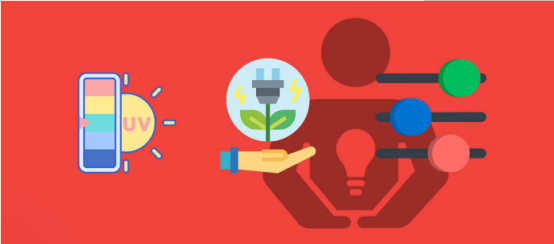
10. LEDs are Very Eco-Friendly
You may have heard it a couple times:
That LED lights are green and very environmentally friendly…
Well, you heard right!
But, you are probably wondering; how?
If so, LEDs are eco-friendly in the following ways:
They don’t contain any toxic materials including mercury and phosphorous.
LEDs don’t emit UV rays.
These lighting fixtures have a negligible – or no – carbon footprint.
LEDs use less energy hence reducing the demand for power leading to lower emissions from power plants.
Lastly, these lights don’t emit heat.
11. LEDs are Super-Efficient and Heating-Free
LEDs are unique in that they don’t waste energy through heating.
Unlike incandescent and fluorescent lights that waste most of their energy in the form of heat, LEDs use up almost 100% of the energy to produce light.
That’s why LEDs use up less energy to produce more light.
Therefore, they are considered very efficient.
Now, how is that a good thing?
For starters, LEDs mitigate energy wastage.
Also, during hot months, using traditional light fixtures (incandescent bulbs, fluorescents, and halogens) only worsens the situation; not to mention the fact that you may have to spend more money just to keep your home cool and comfortable.
However, that’s an issue you won’t have to think about with LED light fixtures.
Basically:
They don’t often heat up; if they do, there must be a problem with the wiring or the fixture isn’t being used as intended.
12. Good Quality of Light
Consistent, Stable, and Sufficient lighting…
That’s what you get with LED lights.
Incandescent bulbs not only heat up but can also burn out any moment. While fluorescents are bound to give you a migraine due to their incessant flickering.
Light quality is always an important factor to consider.
It often determines how comfortable your space will be. Obviously, if it’s a workspace, then the lighting has to be perfect to increase productivity.
Plus:
The fact that LEDs give out more illumination means that you’ll only need a few to light up a big space.
13. LED Lights are Highly Adjustable (Warm, Cool, and Daylight)
Adjustability is also an important benefit when it comes to lighting. Obviously, you want a light that can be adjusted to suit your need, right?
If so, LEDs are the best for that.
Due to their unique design, LEDs can be calibrated to give out warm, cool and daylight color temperatures of light.
Now:
That way, you not only get to use the best temperature for you but also have an easy time blending the light with your décor.
This is probably the main reason why LEDs have become so popular in show-biz. They are used to provide extravagant color displays.
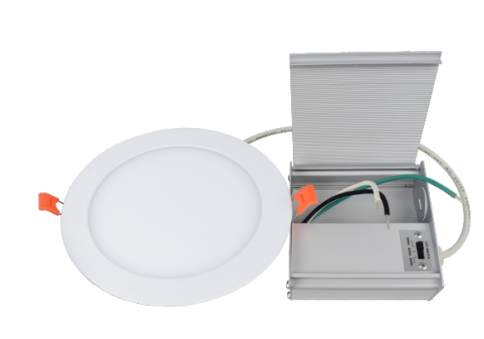

14. LEDs Have Aesthetically Appealing Designs
Due to the fact that incandescent lights and fluorescents are made of part glass, it’s incredibly hard to model them into numerous designs.
In fact, incandescent lights have a standard bulb-like design. Not to mention the ballast and huge lightbox in fluorescents.
And that poses a lot of limitations on how you can couple your space’s décor with your lighting.
What a bummer, right?
With LED lights, however, the design isn’t a problem.
These fixtures come in numerous designs. And the best part is that some manufacturers support customizations.
That way, you can have a lighting system that fits perfectly into your space’s décor.
What’s more, LED fixtures are quite light and easy to handle.
15. LEDs are Great for Directional Lighting
Light Emitting Diodes (LEDs) are directional.
Which is why these fixtures are always the most preferred in spaces that need directional lighting.
Basically, their diodes’ design allows them to focus beams of light in a specific direction. A fact that makes the use of silver reflectors quite unnecessary.
Therefore, you not only get to enjoy quality, directional lighting but also your light fixtures will easily complement your style and décor.
Plus, the fact that you get directional lighting easily with LEDs means that you won’t waste energy lighting useless spaces.

